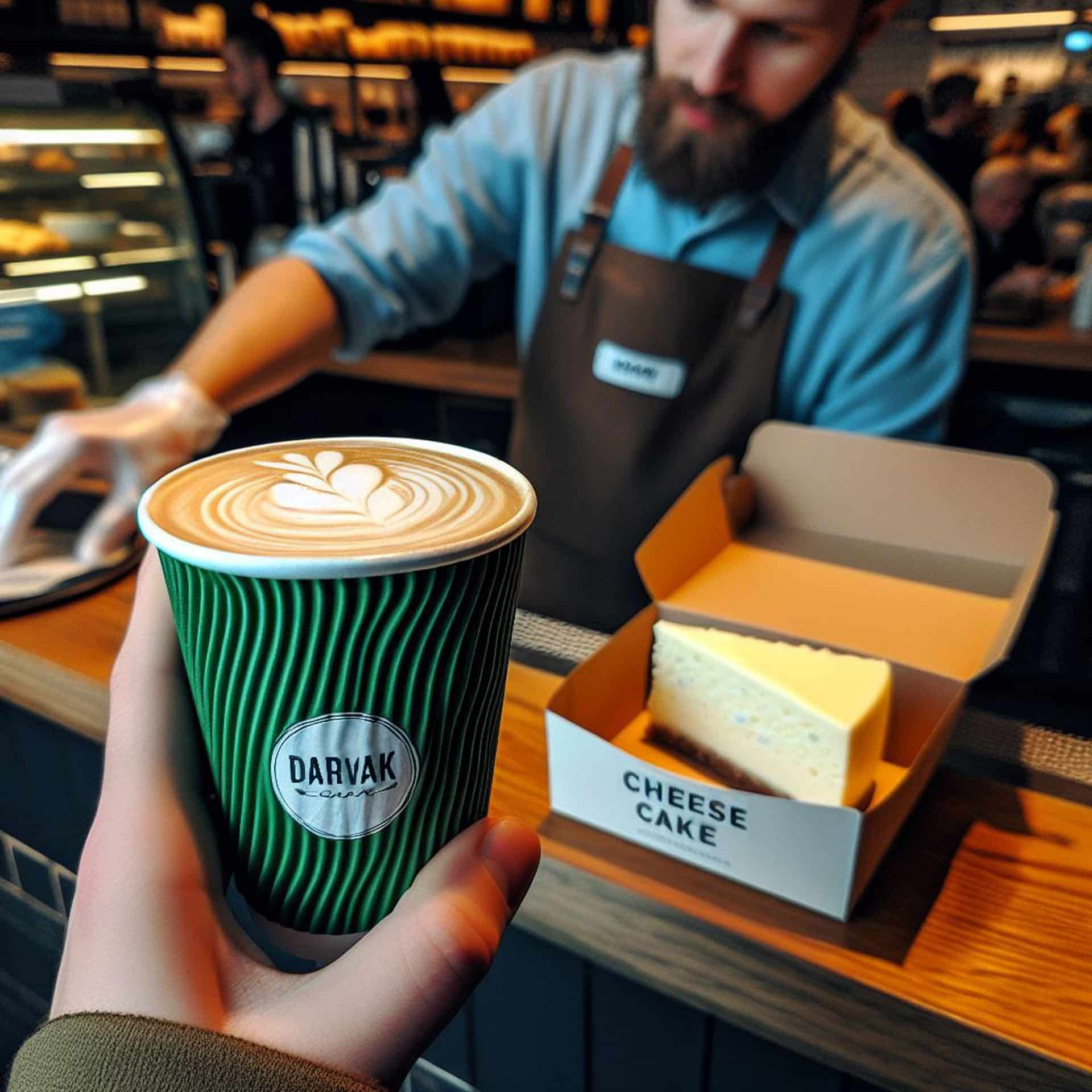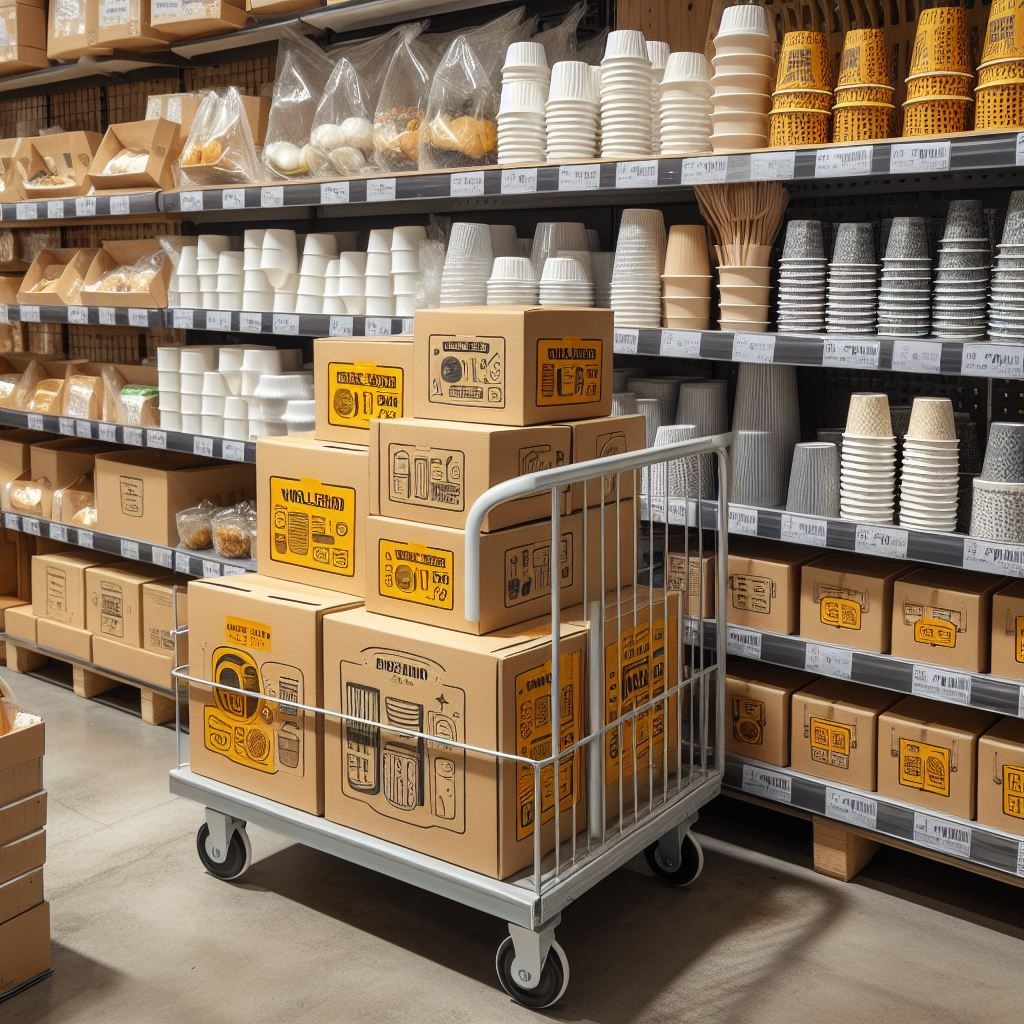The quality of a paper cup can be assessed based on several factors. Here are some key considerations for determining the best quality of a paper cup:
Material Quality:
- Choose cups made from high-quality, food-grade paper. The paper should be sturdy and capable of holding both hot and cold beverages without leaking or becoming soggy.
Insulation:
- For hot beverages, look for cups with good insulation properties to prevent heat transfer and protect the hands of the person holding the cup.
Coating:
- Quality paper cups often have a polyethylene coating on the inside to make them leak-resistant and to prevent the paper from becoming weakened when in contact with liquids.
Environmental Impact:
- Consider cups that are environmentally friendly. Look for those made from recycled materials or are easily biodegradable. Some cups are lined with compostable materials.
Size and Design:
- Choose a cup size and design that fits the intended use. Cups with a well-designed shape and size are more ergonomic and user-friendly.
Printing and Branding:
- If you need custom printing or branding on the cups, ensure that the printing is of high quality and does not degrade over time or with exposure to liquids.
Lid Compatibility:
- If the cups are designed to be used with lids, ensure that the lids fit securely to prevent spills and maintain the temperature of the beverage.
Certifications:
- Check if the paper cups meet relevant quality and safety standards. Certifications from recognized bodies can be an indicator of a product’s reliability.
Manufacturing Standards:
- Cups produced in facilities with good manufacturing practices are more likely to be of higher quality. Consider cups from reputable manufacturers.
Cost-Effectiveness:
- While quality is important, consider the cost-effectiveness of the cups. Sometimes, a balance between quality and cost is necessary for practical purposes.
It’s essential to consider the specific requirements for your use case, whether it’s for hot or cold beverages, events, or everyday use, to determine the best quality paper cup for your needs.
Is it helathy to use?
The quality of a paper cup can vary based on factors such as thickness, coating, and material sourcing. Generally, high-quality paper cups are made from food-grade paperboard and coated with a thin layer of polyethylene to make them leak-resistant. The thickness of the paperboard also contributes to the cup’s durability.
Here are some factors to consider when determining the quality of a paper cup:
Material: Look for cups made from food-grade paperboard, which is safe for food and beverage contact.
Coating: A thin polyethylene coating on the inside of the cup provides a barrier against liquids, preventing the cup from becoming soggy.
Thickness: Thicker paperboard generally indicates a more durable and sturdy cup.
Certifications: Some manufacturers may have certifications indicating that their products meet certain safety and environmental standards.
As for the health aspect, paper cups are generally considered safe for single-use purposes. However, the polyethylene coating on the inside can make recycling more challenging, as it needs to be separated from the paper during the recycling process. Additionally, concerns have been raised about the potential migration of substances from the coating to the beverage in certain conditions, such as exposure to high temperatures.
It’s important to note that while paper cups are widely used, there has been a growing awareness of environmental issues related to single-use products. Some people prefer to use reusable alternatives to reduce waste and environmental impact. When choosing paper cups, it’s a good idea to check with the manufacturer about the materials used and any relevant certifications. Additionally, proper disposal methods, such as recycling when possible, can contribute to a more environmentally friendly use of paper cups.



